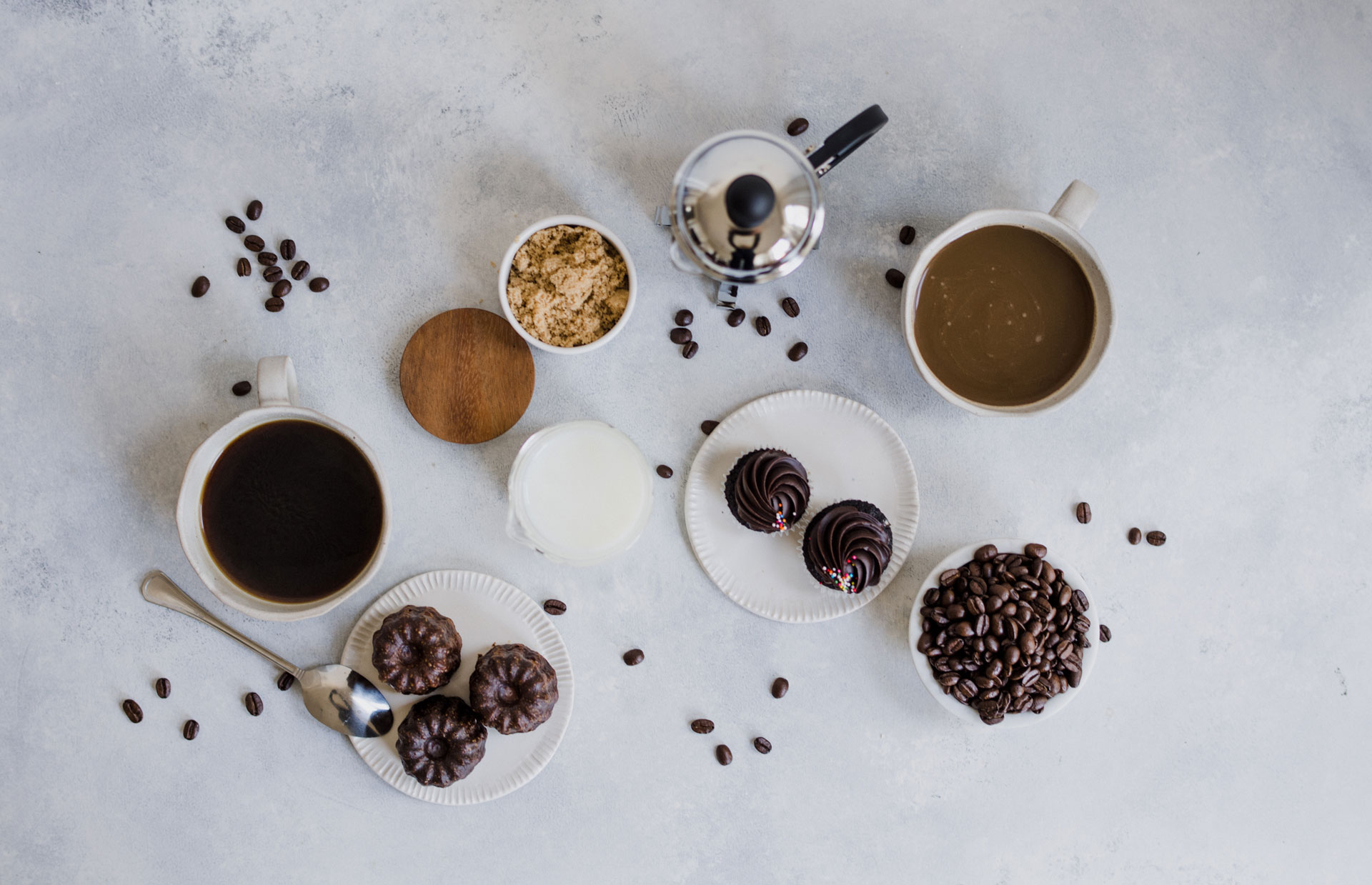Cake
Cookies
Hengtai Caramel color application in cookies
- Recommended dosage: 0.2-5%
- Recommended products: PD001, DS001

Tapioca pearl
Hengtai caramel color application in tapioca pearl
Recommended dosage: 0.1-1%
Recommended model: ZS-500A
Get in Touch With Us
Let’s Connect
0086-028-38260750
Address
Minjiadu,Chengnan Dongpo District,Meishan city,Sichuan,620000,China.